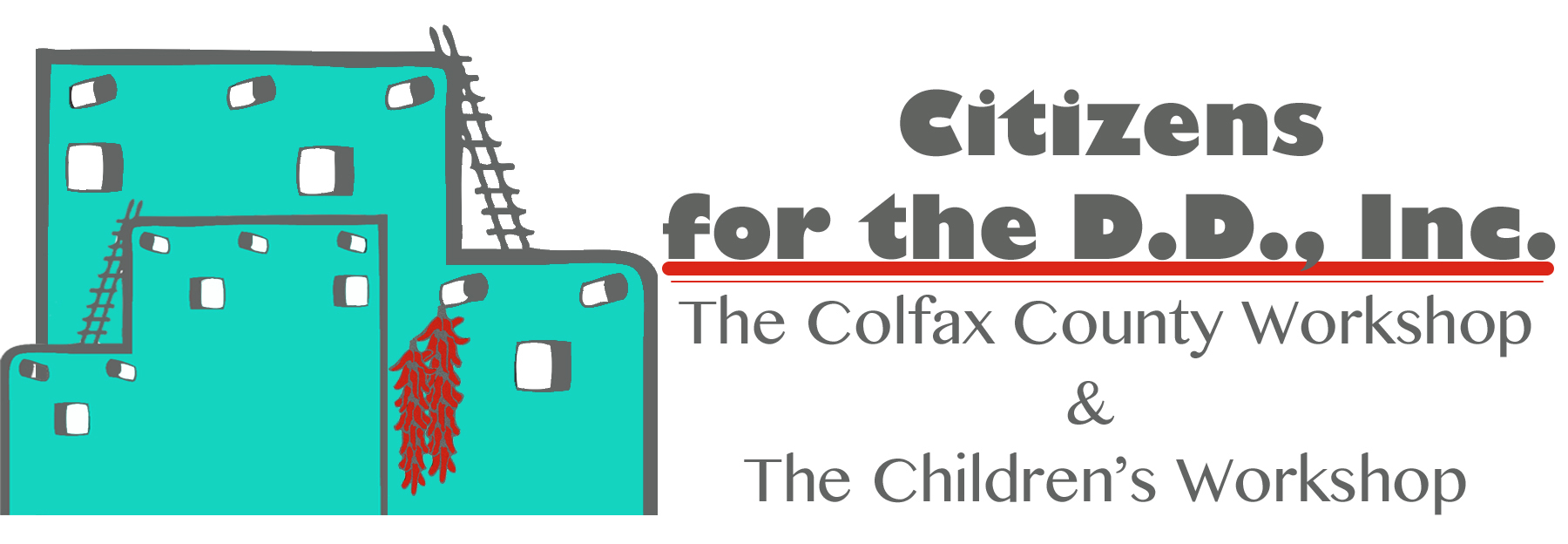Early Intervention Service Definitions
Early Intervention Services
Early Intervention services are designed to meet the developmental needs of each eligible child and the needs of the family related to enhancing the child’s development. Specific services, supports and strategies are designed to promote development in one or more of the following areas:
- Cognitive - the progressive and orderly changes in a child's thinking processes affecting perception, memory, judgment, and reasoning.
- Physical/motor - the progressive and orderly changes to a child's vision, hearing, gross and fine motor development, quality of movement and health status.
- Communication - the progressive and orderly acquisition of communication skills, during pre-verbal and verbal phases of development; receptive and expressive language, including spoken, non-spoken, sign language and assistive or augmentative communication devices as a means of expression; and speech production and perception. It also includes oral-motor development, speech sound production, and eating and swallowing processes. Related to hearing, communication development includes development of auditory awareness; auditory, visual, tactile, and kinesthetic skills; and auditory processing for speech or language development
- Social or Emotional - the progressive and orderly changes to a child’s affective state and ability to interact with people.
- Adaptive Behavior - the development of self-help skills, such as eating, dressing and toileting.
Respite
Respite is a flexible family support service that provides short term, temporary care to people with disabilities or children who are at risk for developmental delay. This service allows families to take a break from the daily routine of caregiving. Respite care providers assist the individual in activities of daily living, promote the individual’s health and safety, as well as maintain a clean and safe environment. The family, in collaboration with the provider, will schedule respite services.
Comprehensive Multidisciplinary Evaluation
The Comprehensive Multidisciplinary Evaluation is designed to inform the eligibility determination process through a timely, non-discriminatory, comprehensive and interdisciplinary approach. The evaluation is designed to determine the developmental status of the child and must cover the following developmental areas:
- Cognitive
- Physical/motor
- Communication
- Social or Emotional
- Adaptive Behavior
Service Coordination
Service coordination services are activities carried out by a designated individual to assist and enable the families of children from birth to three, access, and if determined eligible, receive early intervention services. The Service Coordinator helps to develop the individual Family Service Plan (IFSP); assists the family in receiving all services identified; coordinates those services; ensures that they are delivered in a timely manner, and seeks additional services and or supports that may help the child or family. The Service Coordinator works with the family to determine their service needs and if the family chooses to be involved in service coordination responsibilities they should be supported in that role.
Audiology
Testing a child's hearing and other auditory services (inluding hearing aids and/or specific training regarding amplification needs).
Occupational Therapy
Helping children gain skills needed for play and daily living activities, designing and providing adaptive and assistive devices, as well as addressing the sensory motor and fine motor needs of the child.
Fine Motor Skills
The small movements of the hands, wrists, fingers, feet, toes, lips and tongue.
Gross Motor Skills
The abilities required to control the large muscles of the body for walking, running, sitting, crawling, and other activities. The muscles required to perform gross motor skills are generally found in the arms, legs, back, abdomen, and torso.
Physical Therapy
Helping families and caregivers to enhance the child's movement abilities (including crawling, standing, walking and balance) through therapeutic activities, appropriate positioning, and with the adaptive and assistive devices that can be incorporated into the child's typical day.
Speech-Language Therapy
Helping families and caregivers to enhance the child's understanding of language and develop communication skills, which may include speech, signs and gestures.
Copyright © by the Citizens for the D.D., Inc.
